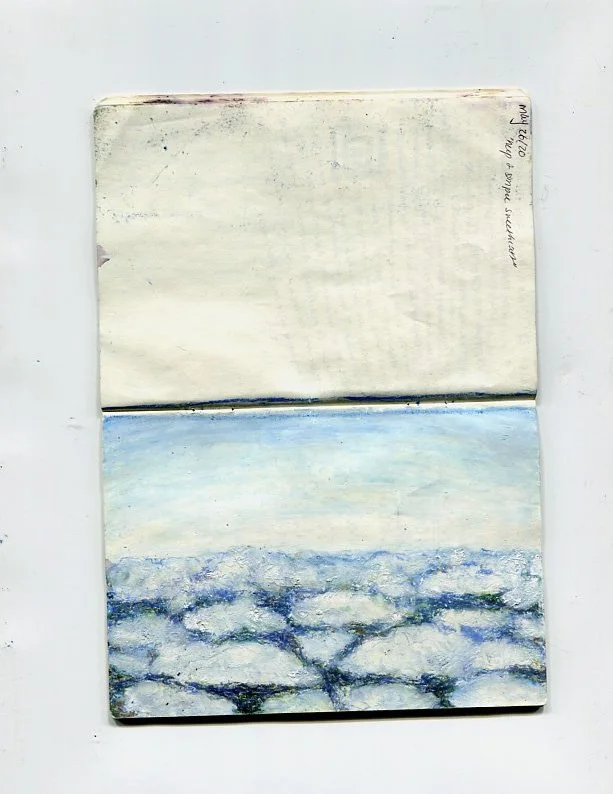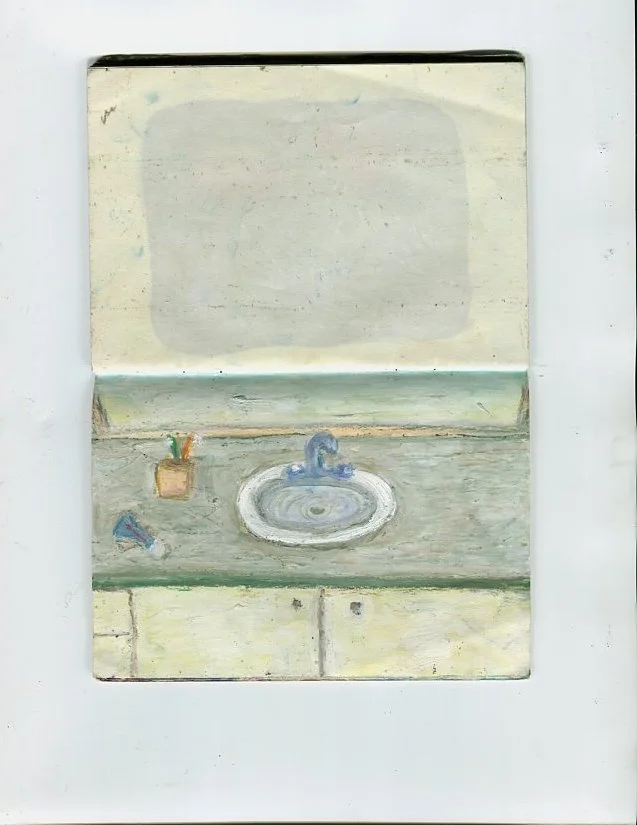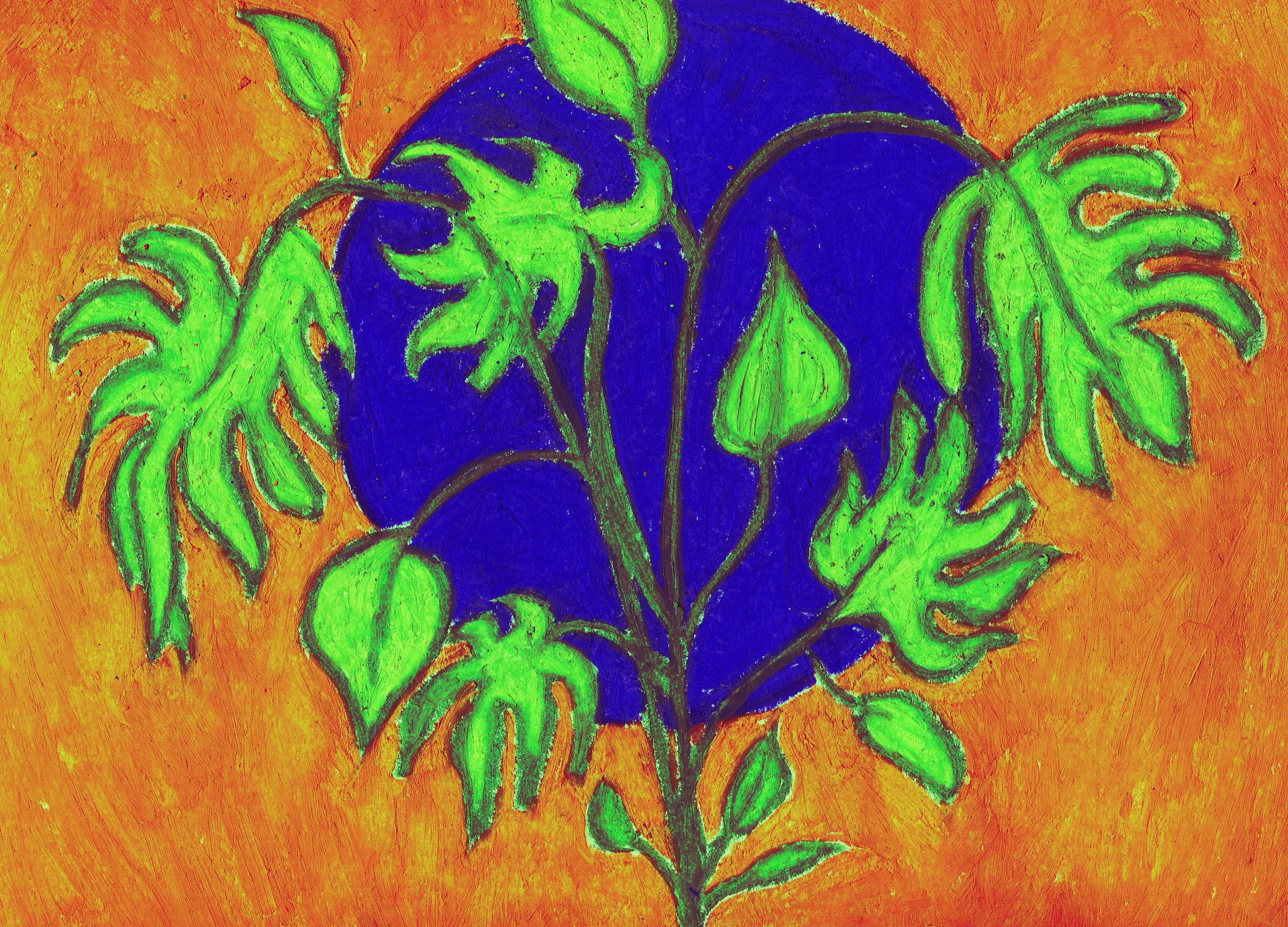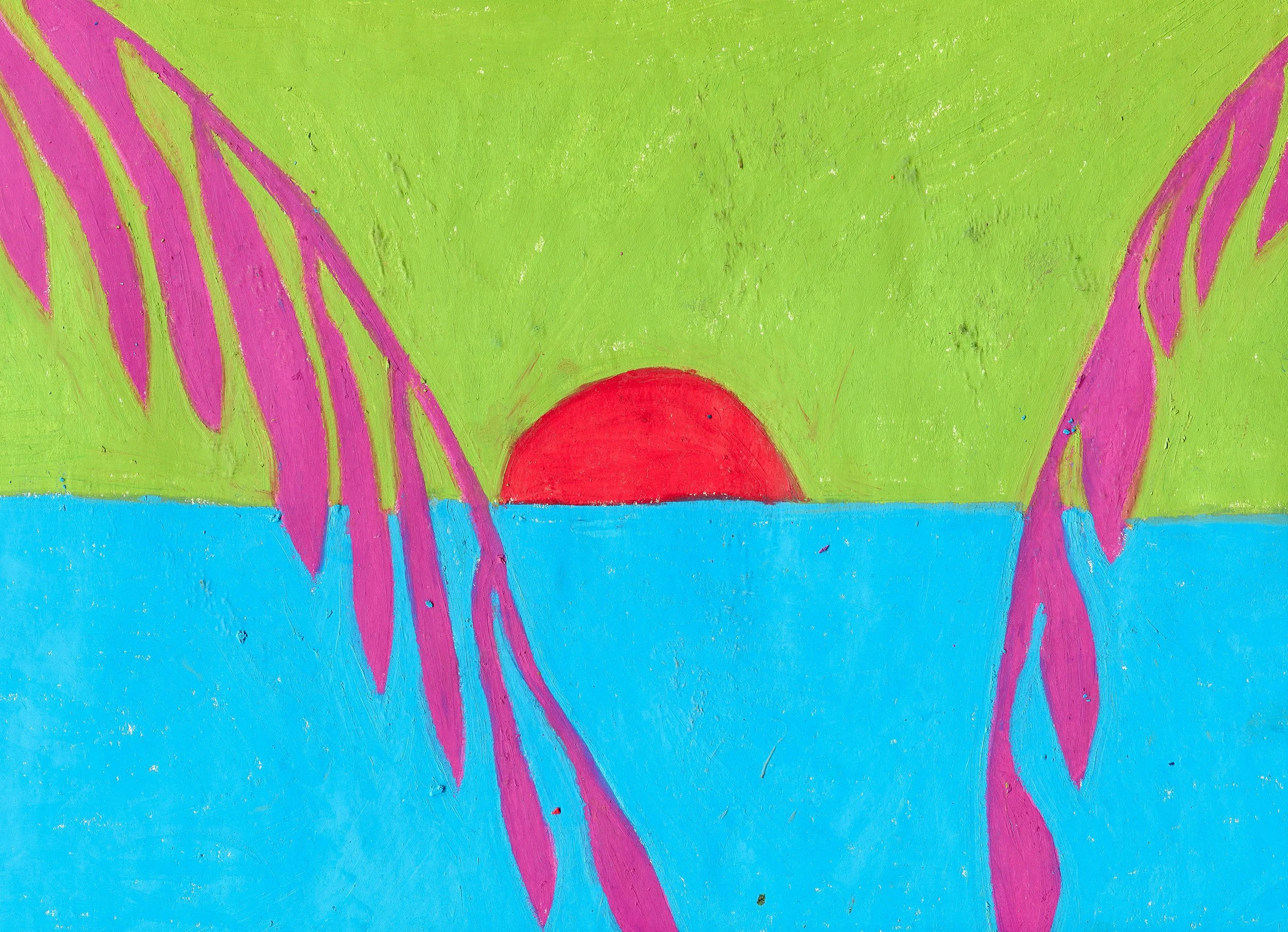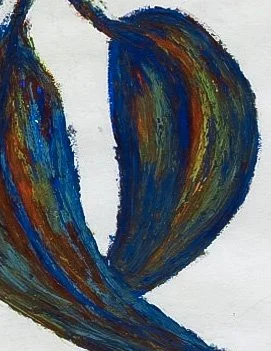
Water
I’ve always loved the ocean for how loudly it resists being tamed and for how gallantly it protects its peace. The rawest emotions I’ve ever felt have been amongst its salt water; I shut my eyes and surrender my body to be held, bobbing up and down with the tide, I feel both dead and alive. The first time I floated in such a way in the ocean I must have been about twelve. To this day, I still can’t find the words to describe the beautiful uncanny I feel in these moments.
I never believed, or even hoped, that my relationship with the ocean would go beyond these encounters- I couldn’t fathom asking for more. In fact, with every visit as I’ve grown older, my time spent in her grasp has slowly decreased, as all the unknown things that people fear in the ocean creep their way into my mind, making me fear them as well.
I’m not naive. I know the ocean is a force to be reckoned with. It’s not a new trust of the unknown that surfing has gifted me, but rather a new set of eyes. I can see her more clearly now, give reason to her movements - or when no reason is there, know that she does not owe me an explanation.
A few days ago, I listened to a podcast from Emergence Magazine entitled “Antarctica the Woman” in which former Director of the Antarctic Terminal Operations Department Stephanie Krzywonos, describes Antarctica as a living place with agency, and not a place to be conquered and subdued. “Why was I made to feel, even in Antartica’ s great expanse, that there was no room for me here? She asks. “Women were historically excluded from Antarctica because we were in the way of adventure on a feminized landscape”, she continues. Throughout history, Antartica has been pigeonholed as a wild, unforgiving, beautiful, mistress. Upon listening to the podcast, I couldn't help but think: “is Antartica an extension of the same narrative that the ocean has been subjected to throughout history (or vice-versa)?” Aligning landscapes with feminine archetypes is not novel. As “mother earth” has served as both a foundation and a playground to demonstrate hyper-masculinity, we have forgotten that she is also “the oldest religious idea” (Catherine Broch). “What if Antarctica is a woman on her own terms? Am I?” Krzywonos asks.
I began to ponder this question for myself in relation to the ocean, paying attention to the ways people speak about her, what they expect from her, what they take versus what they give, and how my own identity fits into this intricate narrative. I’m doubtful that I will find the answers to the former questions before deeply analysing the latter- understanding my own femininity as non-reductionary, deserving.
Surfing has allotted me the perfect starting point in this quest. I have been living by the ocean for three months now, allowing me to both observe and physically feel its unparalleled persona. Notably, I didn't come to the ocean with any personal goal in mind other than getting my two feet on the board without getting humbled by a wave at every attempt. As I work towards this goal, I realize that getting humbled by the ocean is inevitable and necessary - both to progress in surfing, and to build a relationship of reciprocity with her. When Krzywonos describes “Antartica-as-she, a microcosm of Earth-as-she”, as having “the power to shake us out of complacency”, I felt these words deep in my stomach as I walked along the shoreline, feet engulfed in salt water.
She who has no assumptions, she who decides for herself, she who holds no shame, she who shares, she who is not afraid to take.
Indonesia, 2023“Sometimes I cup the [ocean] water in my hands and think of all the places it has been, all the things it has touched. Sometimes, I think about what the ocean would tell me if she could speak.”
- A Conversation with Mimi
I remember watching the same sunset every day. The way it peaks between the distant clouds before setting behind the island of Java, leaving behind its colour that fades to grey before your eyes like watercolour on paper. I remember the feeling of the gravel road I walked barefoot. How quickly did my feet begin to reject shoes like they were an unnecessary layer in the inescapable heat. I remember seeing the same faces from morning till night. It's incredible how quickly friendships grow when you water them every single day.
Within the first few weeks of my trip, I read a few pages of a book in an art store- I can’t remember the title, and I can’t remember the author, which I deeply regret. What I remember is their idea of invisible scars. They wrote about how your memories leave scars on your body that only you can witness. I think they wrote about the feeling of their daughters small hand in theirs, how if they shut their eyes, it's there.
I wonder what scars I’ll have from this place.
Indonesia, 2023

